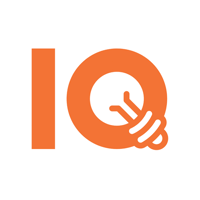
Real IQ Test
realiqtest.net
What is real iq test?
A "real" IQ (intelligence quotient) test is a scientifically validated, standardized assessment used to measure a person's cognitive abilities in relation to their age group. IQ tests are designed to assess the mental agility of individuals. The most widely used IQ tests include:
Stanford-Binet Intelligence Scale: This was the first IQ test and it continues to be one of the most popular. It covers five factors of cognitive ability: Fluid Reasoning, Knowledge, Quantitative Reasoning, Visual-Spatial Processing, and Working Memory.
Wechsler Adult Intelligence Scale (WAIS): This test is designed for adults and older adolescents. It evaluates verbal comprehension, perceptual reasoning, working memory, and processing speed.
Wechsler Intelligence Scale for Children (WISC): This is similar to the WAIS but designed for children.
Raven's Progressive Matrices: This test measures abstract reasoning and is considered a non-verbal estimate of fluid intelligence.
Cattell Culture Fair III: This test aims to minimize cultural biases and focuses more on fluid intelligence.
These tests should be administered by a trained professional in a controlled environment to ensure accurate results. It's important to note that while IQ tests can provide some insight into cognitive abilities, they do not capture all aspects of a person's intellectual potential or their ability to succeed in life. Intelligence is a complex trait that can be influenced by many factors, and it can be measured in many different ways, not just by IQ tests.
